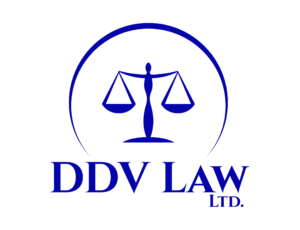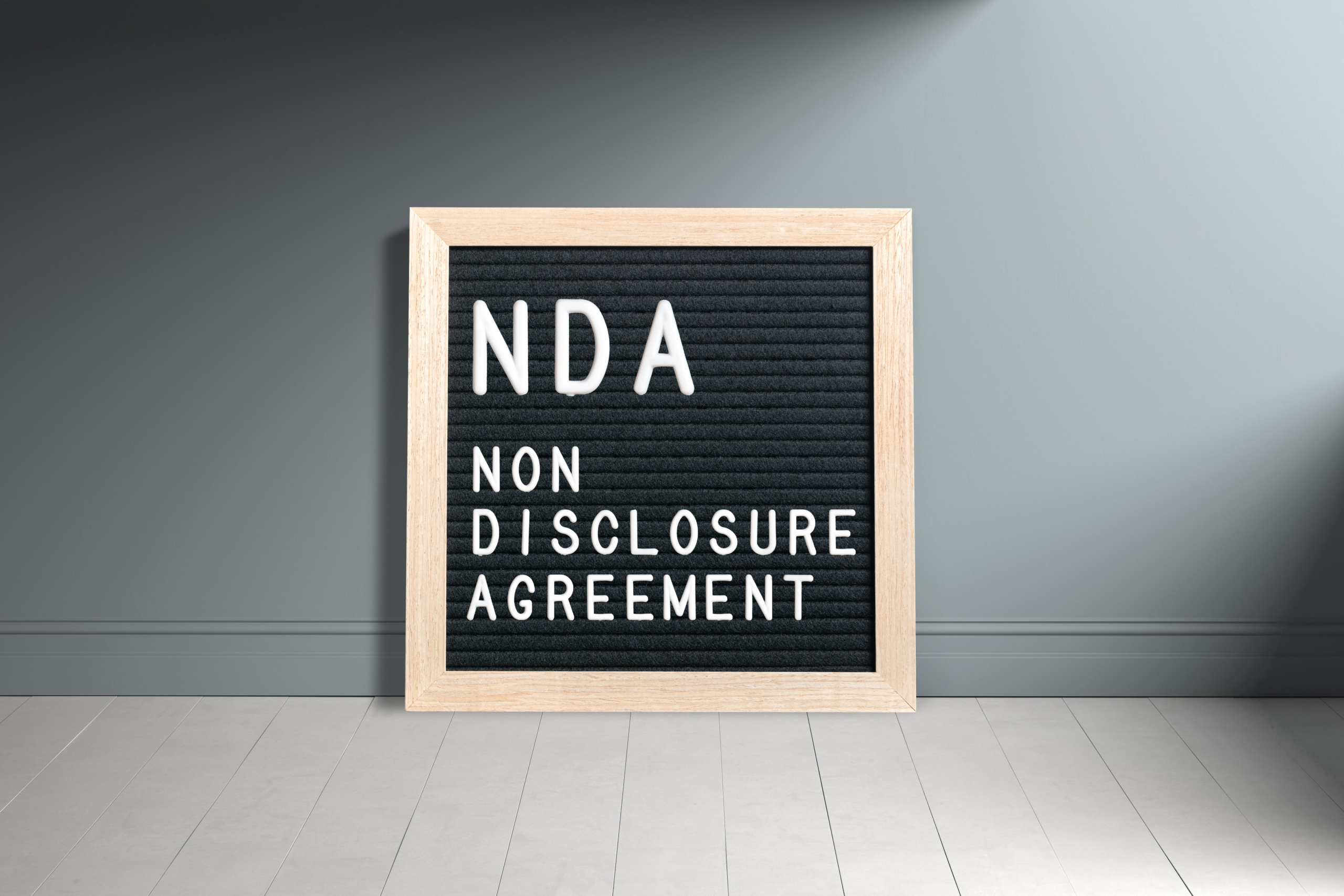A non-disclosure agreement, also known as an NDA, is a legal contract between two or more parties that entails the protection of confidential business information. Often, an employer or business-to-business transactor will require an NDA signature to allow them to operate at a higher level without worrying about their vital business information being divulged. The following types of protected information can be protected:
- Client lists
- Proprietary relationships
- Technologies
- Marketing and design strategies
- Financials
There are vital considerations to weigh before signing an NDA. The first is understanding if a business presents a one-way versus two-way or unilateral versus mutual (bilateral) agreement. A unilateral NDA is most useful when only one party will be sharing confidential information. For example, if your small business is seeking funding for or outside investment in your enterprise.
Both unilateral and mutual NDAs will introduce the parties bound by the agreement, describe the treatment of confidential information and tangible confidential information, exceptions, terms, no license, and no publicity. The agreement includes jurisdiction, governing law and equitable relief, assignment, severability, notices, and implied waiver headings. The significant difference is in defining the parties bound by the agreement — other minor differences will occur throughout the document. Because an NDA is legally binding, it is best to hire an attorney for review and guidance whether you are presenting the NDA or a business is requesting you to sign one.
A non-disclosure agreement needs a well-defined scope. That is to say, a clearly established duration or schedule. All NDAs should have an expiration date even if it links to completing a specific event, as date-driven timelines are safest. Should a party disclose information in the NDA and under its terms, the consequences for breaching the NDA should be proportionate to the degree of the breach. All NDA’s should detail any repercussions of a breach and should not include extreme or harsh consequences.
Before signature, you can always negotiate the terms of an NDA. Suppose you feel an aspect of the agreement is unfair to your business. It is wise to propose changes to the language to acknowledge the information you already possess or are third-party received or publicly available. Look to clarify vague and ambiguous language as well as overly technical phrasing. Be sure to explicitly define what information is confidential and how long it must remain private. Poorly defined terms can render the signing party liable for a wide range of offenses.
The goal of a good NDA is to establish trust between two parties who are typically entering into a new business relationship. The document frees up the parties to conduct business that is ostensibly mutually beneficial. Return of the information occurs when the business between the two parties concludes. At such time the confidential information will be returned to the disclosing party, deleted, or destroyed. Knowing that most electronic data is never entirely deleted, someone needs to remove the accessibility to the data.
Be wary of obligations as a recipient in an NDA. Inadvertent disclosures are as legally binding as purposeful ones. For example, if you have access to a newly designed video game as a potential investor, you may have breached the agreement if you play the game on a subway or other public place where people can see it. Another example is the infamous story of a 27-year-old Apple software engineer field testing a prototype iPhone model and mistakenly left it on a bar stool.
The responsibilities inherent when participating in an NDA are serious and many. They can result in injunctions against the recipient, indemnification from loss in the form of compensation, even actions of copyright, patent, trademark infringement, breach of fiduciary duty, and more. Whether you are an employer, business-to-business transacting, or considering employment that necessitates an NDA, fully understand what you intend to sign. Small business owners should routinely use NDAs where appropriate to protect their proprietary information. In the world of competitive business, an NDA is the rule and not the exception. Please Contact our Chicago area offices by calling 312-878-0155 to schedule an appointment.

